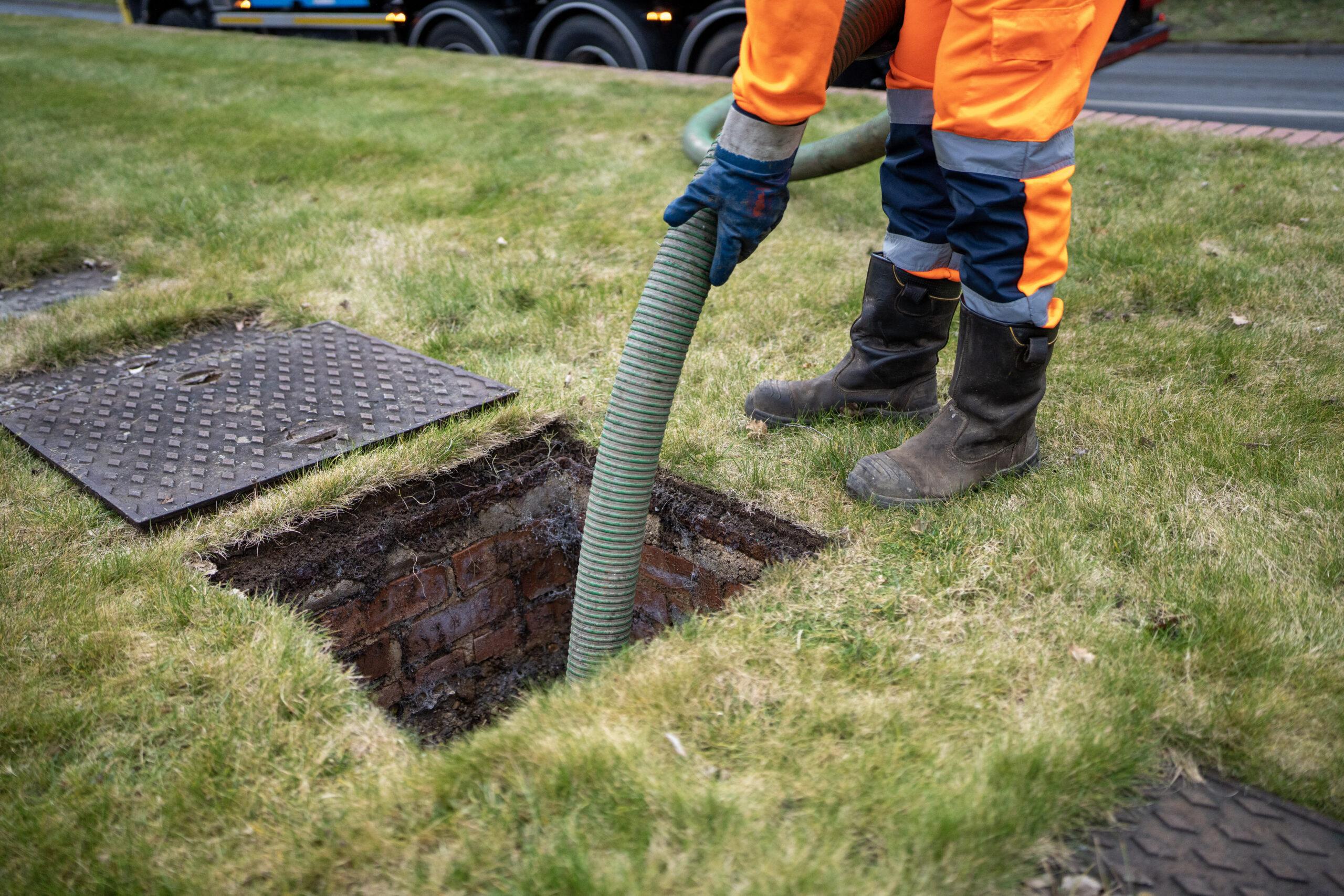Maintaining a cesspit is essential for the smooth operation of waste management systems in properties not connected to municipal sewer systems. Whether you’re a homeowner looking to save money or someone interested in ensuring the best care for your cesspit, you may be wondering whether to tackle cesspit maintenance yourself or hire a professional. In this comprehensive guide, we’ll explore the pros and cons of DIY vs. professional cesspit maintenance and help you decide what’s best for your property.
Understanding Cesspit Maintenance
Before diving into the DIY vs. professional debate, let’s understand what cesspit maintenance entails. Cesspit maintenance involves several tasks, including:
- Regular Emptying: Ensuring the cesspit is emptied before it reaches capacity to prevent overflows and backups.
- Inspection: Checking for damage, leaks, and blockages to keep the cesspit functioning correctly.
- Cleaning: Removing sludge and waste to maintain proper operation and prevent odors.
- Repairs: Fixing any issues with the cesspit structure or components to avoid more significant problems.
DIY Cesspit Maintenance
Pros of DIY Cesspit Maintenance
- Cost Savings
- Lower Costs: Performing maintenance yourself can save money on labor costs associated with hiring a professional.
- Fewer Service Fees: Avoid recurring service fees by managing maintenance tasks independently.
- Control and Flexibility
- Schedule at Your Convenience: You can perform maintenance at a time that suits you, rather than working around a professional’s schedule.
- Tailored Approach: Customize your maintenance approach based on your specific needs and preferences.
- Learning Opportunity
- Gain Knowledge: DIY maintenance allows you to learn more about how your cesspit operates, giving you valuable insights into its care and function.
- Skill Development: Develop practical skills and gain experience in managing your property’s waste system.
Cons of DIY Cesspit Maintenance
- Potential Risks
- Safety Hazards: Handling waste and chemicals can be hazardous without proper training and equipment. Risks include exposure to harmful bacteria and toxic fumes.
- Injury Risks: Physical tasks such as lifting heavy equipment or accessing confined spaces can lead to injury.
- Limited Expertise
- Lack of Professional Knowledge: Without professional training, you might miss underlying issues or fail to address problems effectively.
- Inaccurate Diagnosis: Misdiagnosing issues can lead to inadequate repairs or overlook significant problems.
- Equipment and Tools
- Cost of Equipment: Purchasing or renting specialized tools and equipment for cesspit maintenance can be expensive.
- Maintenance Requirements: Proper maintenance of tools and equipment requires additional effort and knowledge.
- Time-Consuming
- Time Investment: DIY maintenance can be time-consuming, especially if you’re unfamiliar with the tasks or if problems arise.
- Learning Curve: The time spent learning how to perform maintenance tasks may outweigh the benefits of doing it yourself.
Professional Cesspit Maintenance
Pros of Professional Cesspit Maintenance
- Expertise and Experience
- Skilled Technicians: Professionals have specialized training and experience in cesspit maintenance, ensuring that tasks are performed correctly.
- Accurate Diagnosis: They can accurately diagnose and address issues, preventing minor problems from escalating into major ones.
- Safety and Compliance
- Safety Protocols: Professionals follow safety protocols to protect themselves and your property from hazards associated with cesspit maintenance.
- Regulatory Compliance: They ensure that all work is compliant with local regulations and standards.
- Efficiency and Convenience
- Quick and Effective Service: Professionals can complete maintenance tasks more quickly and efficiently than DIY efforts, minimizing disruption to your routine.
- Convenience: Hiring a professional frees up your time and reduces the effort required on your part.
- Comprehensive Services
- Full Range of Services: Professionals offer a comprehensive range of services, including emergency repairs, thorough inspections, and advanced cleaning techniques.
- Ongoing Support: Many services include ongoing support and maintenance plans, ensuring that your cesspit remains in good condition over time.
Cons of Professional Cesspit Maintenance
- Cost Considerations
- Higher Costs: Professional services can be more expensive than DIY maintenance due to labor and service fees.
- Potential Additional Charges: Unexpected issues may lead to additional costs beyond the initial service fee.
- Scheduling
- Availability: Scheduling a professional service might require working around their availability, which can sometimes lead to delays.
- Potential Wait Times: There might be wait times for appointments, particularly during peak seasons or in high-demand areas.
Making the Right Choice for Your Property
Choosing between DIY and professional cesspit maintenance depends on several factors:
1. Complexity of Tasks
- DIY: If your cesspit maintenance tasks are straightforward, such as routine emptying or basic inspections, DIY might be a viable option.
- Professional: For complex issues, repairs, or when advanced equipment is required, professional services are recommended.
2. Your Skill Level and Experience
- DIY: If you have experience and are comfortable with handling maintenance tasks, DIY can be a cost-effective solution.
- Professional: If you lack experience or feel unsure about performing maintenance tasks, hiring a professional ensures that work is done correctly and safely.
3. Time and Availability
- DIY: If you have the time and prefer to handle maintenance yourself, DIY can be a good option.
- Professional: If you have a busy schedule and prefer convenience, professional services can save you time and effort.
4. Budget
- DIY: If cost savings are a priority and you’re willing to invest in the necessary tools and training, DIY maintenance may be suitable.
- Professional: If you prefer to avoid potential issues and ensure high-quality maintenance, investing in professional services can be worthwhile.
Conclusion
Both DIY and professional cesspit maintenance have their advantages and disadvantages. The best approach for your property will depend on factors such as complexity, skill level, time availability, and budget. While DIY maintenance can offer cost savings and flexibility, professional services provide expertise, safety, and efficiency. Evaluating your specific needs and circumstances will help you make an informed decision and ensure that your cesspit remains in optimal condition.
